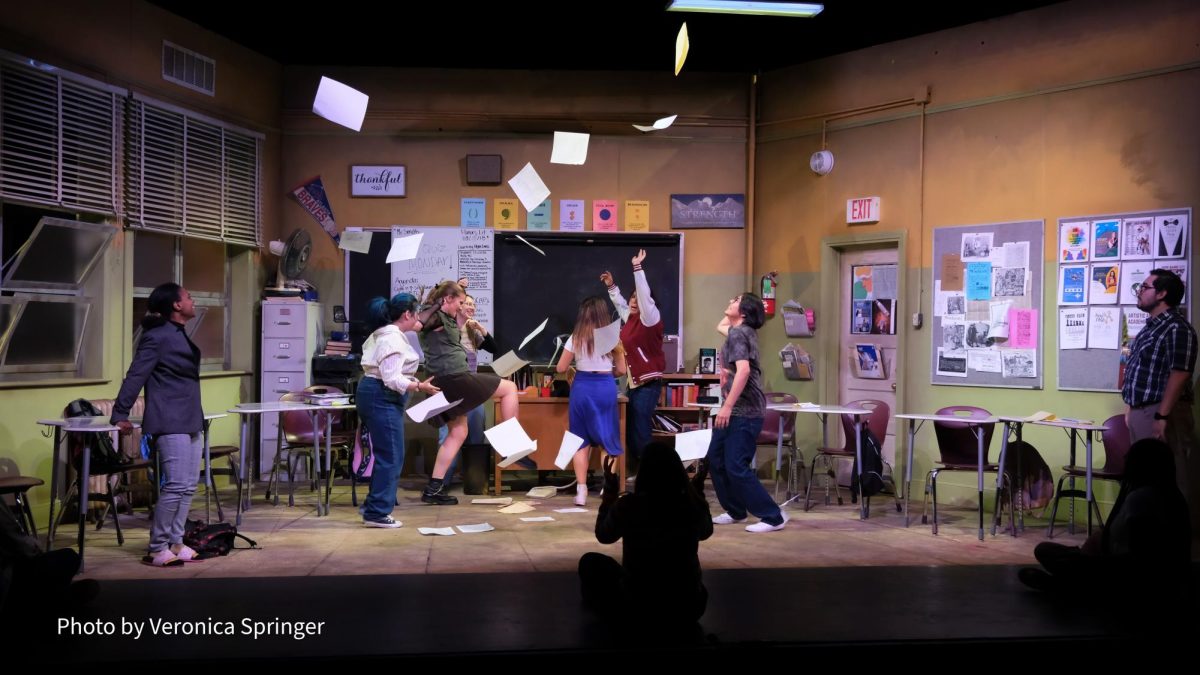As a City College student interacting with campus police, San Diego police and Metropolitan Transit Service security personnel, it’s important to know your rights.
When dealing with law enforcement there are three basic levels of contact.
First, “consensual contact,” begins when an officer approaches and begins a conversation. During this contact you are not required to answer, are free to leave at any point, and the officer is not allowed to project any authority.
The next level of contact is called “reasonable suspicion.” During this level, you may be stopped based on specific and articulated facts. At this point you are subject to detainment for a short time and can be frisked but not searched.
Based on reasonable suspicion, you are not required to give identification, but the officer has a reasonable but short amount of time to establish probable cause, the last level of contact.
Probable cause is a reasonable basis for believing that a crime has been committed or the evidence of a crime is present. You would be required to identify yourself at this stage. You are subject to a lawful search under the Fourth Amendment and can be placed under arrest.
During any point of contact you can request a supervisor come to the scene. After an interaction occurs, all agencies offer the means to file a formal complaint.
Dealing with MTS, there are two types of employees in charge of maintaining order, code compliance inspectors (CCI), and transit officers.
CCIs are public officers that verify MTS is compliant with California penal, health and safety, and public utilities codes. They’re able to issue infraction citations including fare violations and violations of MTS ordinances. With bus and train operators, CCIs can request identification of riders with discounted fares.
Transit officers are armed, privately contracted security guards hired to ensure the safety of all riders. They have the power to arrest, but rely on CCIs to issue citations and police for action involving criminal violations.
In order to protect your rights, you must know them. It is important to be aware of the procedures for reporting violations and not be afraid to do so.
If you don’t stand up for yourself, who will?








